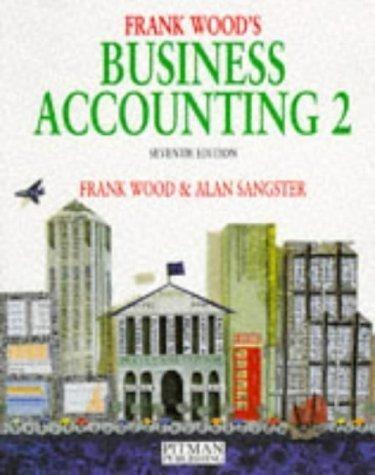Challenge 3. A company has a debt/equity ratio of 1.0. It pays 9% interest on its bonds and its stock has veraged 15% returns for the past several years. Question 3.a. What is its weighted average cost of capital? Question 3.b. Under which situation the previous rate can be considered as the MARR? Select all that apply i. The company has a capital budget in addition to debts and equities. ii. The company isevaluatingcompetingprojects with returns greater than 12%. iii. The competitive environment is becoming riskier iv. None of the above. Challenge 4. Mutually Exclusive Options: You have 4 options for constructing an apartment building on a site. Your MARR is 10% Question 4.a. Which of the following options are acceptable and which option is the best? (assume that net rents continue indefinitely, with no inflation) i. 5 story building, no frills: $1 million investment, annual net income $0.11 million building, with pools and gardens: $1.5 million investment, annual net income S0.12 million 0 story building, no frills: $2 million investment, annual net income 0.21 million iv. 10 story building, upscale: $2.5 million investment, annual net income 0.25 million v. 15 story building, upscale: $3.3 million investment, annual net income 0.35 Challenge 5. You have an opportunity to acquire an office building for $1 million. The annual net revenue from operations is expected to provide an after-tax profit of 9% annually on this million dollar investment. If you like, you could arrange to finance 80% of the purchase price with an 8% line of credit from you bank. They will let you borrow $800,000 and just pay the interest each year for an indefinite period. You effective tax rate is 40% and there is no inflation. Question 5.a. What is your annual before-tax profit if you do not borrow any money? Question 5.b. What is your annual before-tax profit if you do borrow the $800,000? Question 5.c. What is your annual after-tax profit if you borrow the $800,000? Question 5.d. What is your ROI on your equity investment of $200,000 if you borrow the money? Question 5.e. Comment: What do you gain and what do you lose if you borrow the money? Challenge 3. A company has a debt/equity ratio of 1.0. It pays 9% interest on its bonds and its stock has veraged 15% returns for the past several years. Question 3.a. What is its weighted average cost of capital? Question 3.b. Under which situation the previous rate can be considered as the MARR? Select all that apply i. The company has a capital budget in addition to debts and equities. ii. The company isevaluatingcompetingprojects with returns greater than 12%. iii. The competitive environment is becoming riskier iv. None of the above. Challenge 4. Mutually Exclusive Options: You have 4 options for constructing an apartment building on a site. Your MARR is 10% Question 4.a. Which of the following options are acceptable and which option is the best? (assume that net rents continue indefinitely, with no inflation) i. 5 story building, no frills: $1 million investment, annual net income $0.11 million building, with pools and gardens: $1.5 million investment, annual net income S0.12 million 0 story building, no frills: $2 million investment, annual net income 0.21 million iv. 10 story building, upscale: $2.5 million investment, annual net income 0.25 million v. 15 story building, upscale: $3.3 million investment, annual net income 0.35 Challenge 5. You have an opportunity to acquire an office building for $1 million. The annual net revenue from operations is expected to provide an after-tax profit of 9% annually on this million dollar investment. If you like, you could arrange to finance 80% of the purchase price with an 8% line of credit from you bank. They will let you borrow $800,000 and just pay the interest each year for an indefinite period. You effective tax rate is 40% and there is no inflation. Question 5.a. What is your annual before-tax profit if you do not borrow any money? Question 5.b. What is your annual before-tax profit if you do borrow the $800,000? Question 5.c. What is your annual after-tax profit if you borrow the $800,000? Question 5.d. What is your ROI on your equity investment of $200,000 if you borrow the money? Question 5.e. Comment: What do you gain and what do you lose if you borrow the money







